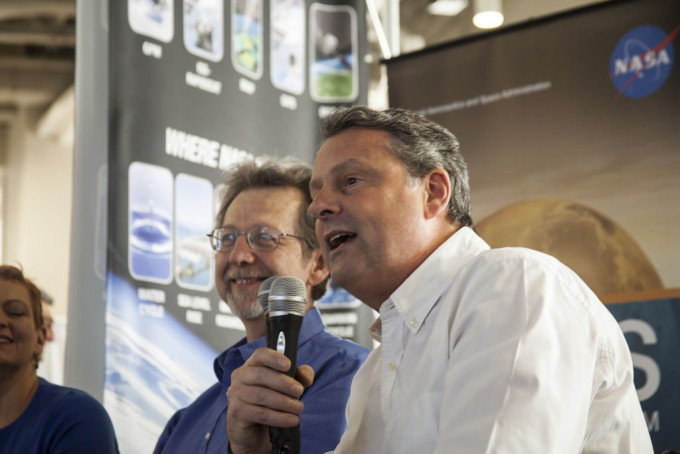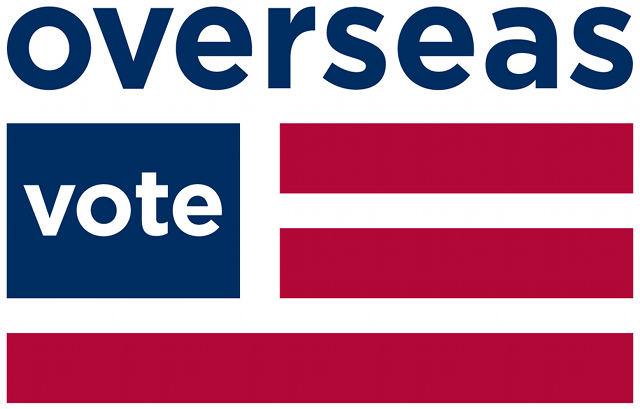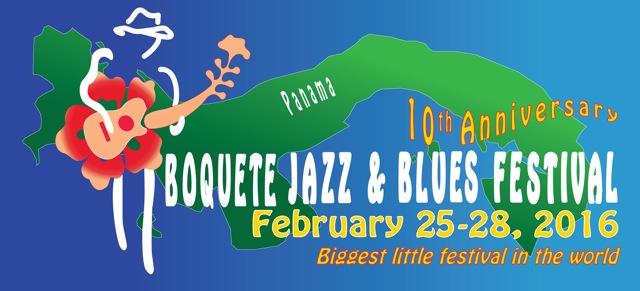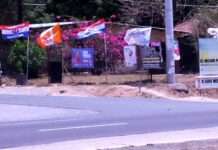
John D. Feeley confirmed as American ambassador here
his presentation to the US Senate
Editor’s note: On December 9 the US Senate approved the nomination of John D. Feeley as the next American ambassador in Panama on a voice vote. The following is the transcript of his presentation to the senators.
From the oath I swore as an Eagle Scout, to the one I took upon commissioning as a Second Lieutenant of Marines, and the oath by which I have lived and worked for the last 25 years as a foreign service officer advancing American interests in the Western Hemisphere, my life and career have been marked by public service.
This is an enormous privilege. I thank the president and the secretary for the confidence they have shown in me by their nomination. And it is in that spirit of gratitude that I come before you today to seek your approval that I might continue to serve our great nation as ambassador in Panama.
I am joined today by my wife, a senior foreign service officer herself from San Juan, Puerto Rico, Cherie Feeley. My two sons and my grandson couldn’t be with us but I am sure the number of hits on C-Span has gone up as a result of them watching.
In my current position at the State Department, I oversee the daily operations of our 53 embassies and consulates, from Canada to the Caribbean, from Mexico to Argentina. I work on the operating budgets, the foreign assistance programs, and the personnel assignments that undergird American diplomacy throughout this hemisphere.
The food we eat, the energy we consume, and the goods and services we trade with our neighbors in the Americas have more of an impact, I would argue, on the daily lives of our country’s citizens than any other region of the world. So it is vitally important that we know and understand these neighbors and partners to ensure our own security and prosperity. This is the essence of the President’s Strategy for Engagement in Central America.
And Panama, whose destiny has been entwined with ours since its founding, is among the most critical of our partners in achieving the security, prosperity, and governance goals of the strategy.
Panama is a good news story in many aspects, and if confirmed, I will work with this committee to deepen and expand what is an already excellent bilateral relationship. Panama shares our commitment to protecting democratic freedoms and human rights. In 2014, they defied polls and, with the help of robust international election monitoring, elected an underdog candidate as president who has made education and anti-corruption pillars of his vision for Panama’s future.
You will recall that Panama served as the host of the Summit of the Americas earlier this year, where landmark encounters between civil society organizations and the region’s leaders occurred. Given its stability and relative prosperity, Panama — like the United States — is a destination, rather than a source, of immigration. As such, Panama understands the evils of human trafficking and was recently upgraded on our annual Trafficking in Persons Report. If confirmed, Mr. Chairman, I will continue the good work already begun with our Panamanian partners to eradicate this form of modern slavery.
Panama’s geographic location makes it a bridge in both the physical and metaphysical sense of the word. With a robust economy, Panama has leveraged its bridging function to become a logistical center for the region.
The Panama Canal is a vital commercial corridor for the United States: two out of every three ships transiting the canal will stop at a US port. And the global traffic across the bridge that is Panama will be accentuated by the Panama Canal expansion, due to be completed in 2016. This expansion will bring benefits to Panama and to the United States, potentially doubling imports on the US East and Gulf Coasts by 2029.
Put simply: The expansion will lower shipping costs between the United States and Asia, expand our markets, and create jobs for American workers. Another good news story: Panama is among our best partners working on education and innovation. The literacy rate for 15-year-olds is high for the region, around 94 percent. “Bilingual Panama” is the Panamanian government’s ambitious plan to bring thousands of Panamanian English teachers to study at US universities over the next five years, and we support that effort fully.
Now, Mister Chairman, Panama is not without challenges.
Its bridging location renders it vulnerable to organized crime, narcotics trafficking and money laundering — and the corruption that is attendant to those illicit activities — are also threats to Panama’s security and prosperity.
If confirmed, I will work with Panama to address those ills as well as the challenges, and in doing so, I will support US priorities such as:
- our significant retiree and expatriate population that lives in Panama,
- I will look to support greater foreign direct investment opportunities for American businesses,
- and, most of all, I will seek to work with our Panamanian partners to shore up the integrity of our interconnected financial and banking systems.
I thank you for this opportunity and welcome any questions.
Editor’s postscript: For all of you weird conspiracy theorists out there, this is your big chance! Feeley’s official US State Department biographies don’t list a date or place of birth, so you can be creative with your forged birth certificates. (But Kenya is already taken.) From 1983 to 1990 John D. Feeley served in the US Marine Corps, including as a helicopter pilot, and went into civilian life as a diplomat having been a captain. Since 1990 he has been a foreign service officer with postings in the Dominican Republic, El Salvador, Colombia, Mexico and Foggy Bottom. He comes to Panama from his job as the State Department’s number two man for the Western Hemisphere. His wife, Cherie Feeley, is from Puerto Rico and is also a US foreign service officer. He is a graduate of the Georgetown University School of Foreign Service and the US Navy War College. In 2011 he took over as chargé d’affaires of the American Embassy in Mexico City after Carlos Pascual left as ambassador in the wake of the Mexican government’s wrath over a cable revealed by WikiLeaks, which went into details of the dives the Mexican Army was taking in the “War on Drugs.”












